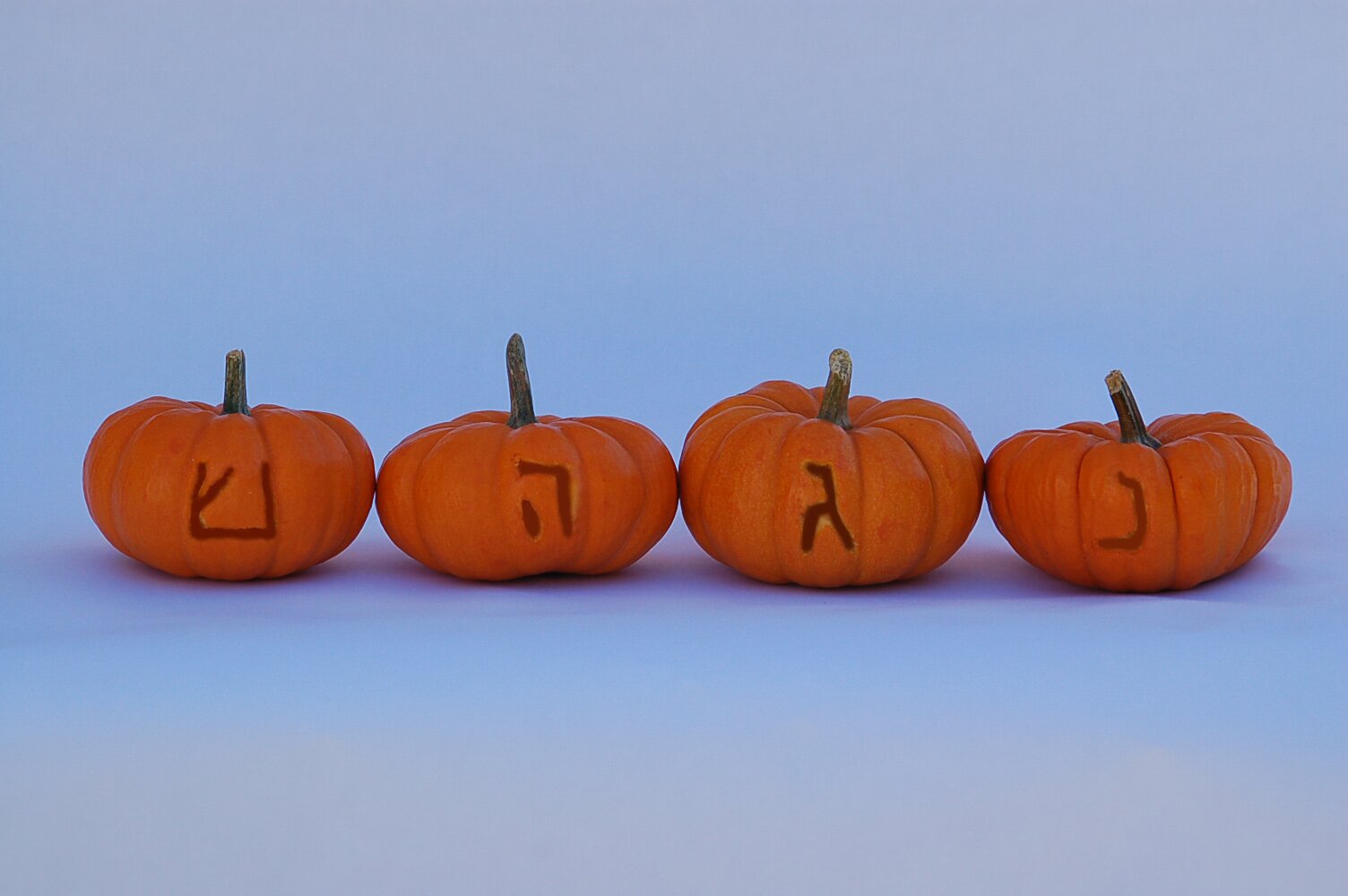Whether you’ve got a gaggle of kids or an empty nest, whether
your hanukkiyah (Hanukkah menorah) is
lit up by candles or oil or electricity, whether you prefer applesauce or sour
cream, here are 8 kosher ingredients that will light up your home this week.
Latkes: Awe
We eat latkes, not to remember
Irish potato farmers, but to remember the miracle of the oil. Sufganiyot
(Israeli jelly donuts) also quality. A miracle is an event that points us
toward awe. At Hanukkah, we are in awe of many things: the oil that lasted for
8 nights, the victory of the weak over the mighty, the amazing fact that oil
burns at all! Take a few moments to think of and share something that fills you
with awe. Savor it.
Gelt: Generosity
While we may associate “gelt”
with (bad) chocolate, the coins were once a holiday tip for the local laborers.
Before we had gift giving, Hanukkah was a time for tsedaka and other acts of generosity. Some families dedicate (at least)
one night of Hanukkah to tsedaka: choosing
a cause for a Hanukkah contribution, donating a toy to a needy child, serving
at a soup kitchen or food pantry.
3.
Lights in the window: Courage
The Hanukkah lights are meant
to be displayed to the world. In some places and times in the past, it took
courage simply to shine the lights where the (non-Jewish) neighbors could see.
For some of us, Hanukkah is a time when we dare to be different. For some of
us, we need courage to stand up for what we believe in. Do something courageous
this Hanukkah. One new idea: add a
#BlackLivesMatter message to your Hanukkiyah and share a photo online.
4. Blessings: Gratitude
A blessing is a public
acknowledgement of gratitude. We recite our blessings out loud so that others
hear them and know how grateful we are. In addition to the blessings over the
candles, what other ways can you express gratitude? Write a thank you note,
instead of an email. Call someone to tell them how grateful you are for their
love/friendship/help/support. Thank the next person you see for any good reason
at all.
5 Music: Pleasure
Contrary to popular
opinion, the Dreidl Song is not the height of Jewish Hanukkah music. And Adam
Sandler’s “Eight Crazy Nights” is already a throwback. Whatever kind of music
gives you pleasure, enjoy and share!
 Listen or sing along to
Ma’oz Tzur, Peter Paul & Mary’s “Light
One Candle” and all the old favorites
in Hebrew, Yiddish and English.
Listen or sing along to
Ma’oz Tzur, Peter Paul & Mary’s “Light
One Candle” and all the old favorites
in Hebrew, Yiddish and English. Sing a Ladino song: Ocho
Kandelikas by Flory Jagoda.
Sing a Ladino song: Ocho
Kandelikas by Flory Jagoda. Listen to the best Hanukah music ever from The Leevees.
Listen to the best Hanukah music ever from The Leevees. Enjoy a little
classical music: “Judas Maccabeus,” an oratorio by Handel (who wrote a lot more
than “The Messiah”).
Enjoy a little
classical music: “Judas Maccabeus,” an oratorio by Handel (who wrote a lot more
than “The Messiah”).
Silence: Silence
‘Nuf said?
People: Kindness/Compassion
A lot of us get
together with family and friends on Hanukkah. Enjoy their company! Imagine that
you are meeting them for the first time, and let go of any old grudges, high
(or low) expectations, or complaints. Find out something you never knew about
them before. Smile/Laugh/Cry with them.
Not everyone has family nearby
or friends who share Hanukkah with them. Think about a person who is likely to
be alone this week and invite them to be with you. (contact Benita if you’d like a temple directory to help you reach out).
Dreidl: Joy
Hanukkah can’t be all serious.
Have fun. (Remember: Being Jewish is fun! Especially on Hanukkah.)
Wishing you a delicious Hanukkah of awe, generosity,
courage, gratitude, pleasure, silence, kindness and joy!



